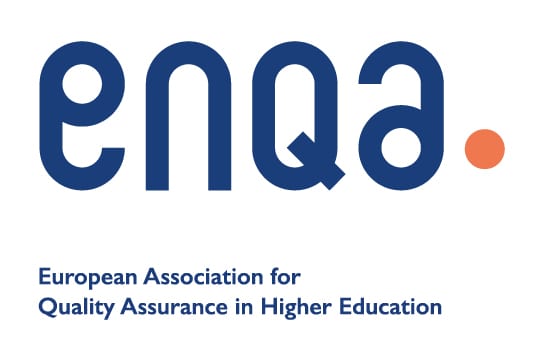Policy Context
Understand the policy framework and strategic priorities shaping the HAQAA initiative.
The Global Gateway package of the EU and the Youth Mobility for Africa flagship
What is the Youth Mobility for Africa flagship initiative?
The flagship initiative on Youth Mobility for Africa promotes opportunities for learning mobility on the continent and between Africa and the EU. It supports cooperation in higher education and skills development, strengthens regional and continental harmonisation mechanisms, while promoting Africa as a study destination. Thereby, the initiative contributes to youth empowerment for sustainable employability and active citizenship. The Youth Mobility for Africa flagship initiative is part of the Global Gateway Africa-Europe Investment Package.
The Investment Package will be delivered through Team Europe initiatives: the EU, its Member States and European financial institutions will work together to support concrete and transformational projects jointly identified in priority areas.
Beyond HAQAA3, Youth Mobility for Africa brings under one umbrella several existing and new EU-funded programmes, including:
The Pan-African Quality Assurance and Accreditation Framework
HAQAA has supported and continues to support the realisation of “PAQAF”, which is an African Union endorsed overriding framework for the harmonisation of quality assurance in higher education in Africa. It consists of several action lines and tools that have been developed or are in the process of being developed, intended to ensure quality provision in higher education in Africa, recognition of studies across borders and a common understanding on quality definitions and standards.
These action lines and tools comprise:
HAQAA supports PAQAF through the following contributions:
The Continental Education Strategy for Africa
What is CESA?
CESA is the Continental Education Strategy for Africa. The first iteration of the strategy (2016-2025) was adopted by the Summit of Heads of State and Government of the African Union in January 2016 to provide the post 2015 framework that links education to the human resource needs of Agenda 2063 and the SDGs, as well as national development goals. The strategy has been revised and a new strategy will be launched post-2025 by the African Union.
CESA contributes to the African Union 2063 Agenda (The Africa We Want) and meets the Common African Position (CAP) on the Post-2015 Development Agenda. CESA 2016-2025 has 12 specific objectives, many of which target or include tertiary education.
SO4 refers explicitly to “ensuring acquisition of requisite knowledge and skills as well as improved completion rates at all levels and groups through harmonisation processes across all levels for national and regional integration”, to which the PAQAF and HAQAA initiative contribute.
In order to deliver upon CESA 2016-2025 in a collective way, stakeholders were invited to join 12 different ‘Clusters’, including higher education. HAQAA supports and promotes the CESA clusters related to higher education and quality assurance.
Under HAQAA2, this entailed new academic and public policy training activities including:
HAQAA3 will continue to support and promote the new CESA strategy post 2025.






